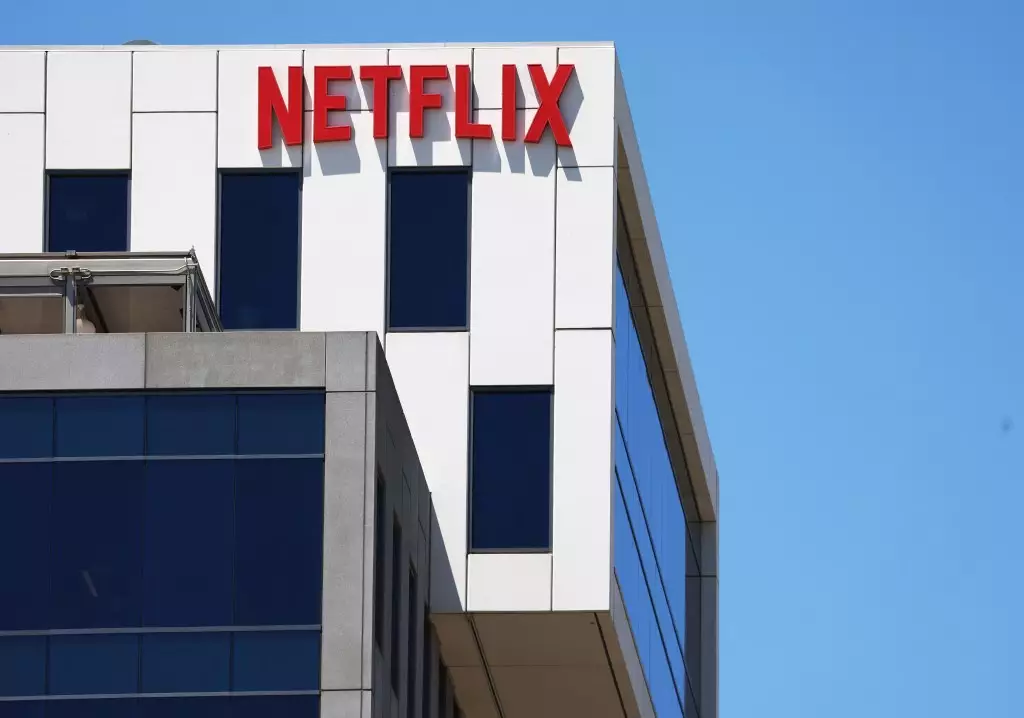In the fast-paced entertainment landscape, the conversation around how streaming platforms compensate talent has become more than just an industry footnote—it’s a central narrative shaping Hollywood in 2023. Major players like Netflix are now contemplating significant shifts in their payment structures, a move that reflects the need to adapt to evolving economic realities. As streaming services continue to gather massive audiences, the traditional cost-plus model for compensating filmmakers, actors, and other creative talents is increasingly seen as outdated. Netflix, in particular, is at the forefront of this critical conversation, poised to challenge long-standing practices.
Recently, Netflix organized a breakfast event titled “Netflix Explained,” intended to facilitate open dialogue between the streaming giant and high-profile talent agents and managers from prominent agencies such as WME, CAA, and UTA. While the agenda may not expressly include pay discussions, industry insiders believe compensation will inevitably surface. This underscores the growing demand for transparency in how talent is treated financially, especially in an era when data and metrics are paramount in assessing the success of content. With Netflix’s commitment to sharing performance data—over 94 billion hours of content viewed in the first half of 2024—it’s clear that a more open framework is necessary for negotiation and accountability.
The proposed modifications to compensation at Netflix suggest a significant paradigm shift. Senior executives, including Chief Content Officer Bela Bajaria and Chief Marketing Officer Marian Lee, are reportedly exploring a model that would reward talent based on the actual success of their projects. A potential strategy could involve asking top-tier talent to accept a reduction in upfront fees by 20 to 30%, with the promise of substantially higher back-end rewards if their shows or films resonate with audiences. This performance-linked approach aims to align the interests of both the platform and the creators, fostering a collaborative environment where success is mutually beneficial.
In truth, the effectiveness of such a model hinges on a keen understanding of viewer engagement and preferences. The recent engagement report highlighted the victory of various productions, showcasing pivotal content that has captivated viewers. This data-driven insight into audience behavior serves as a foundation for determining which projects warrant higher compensations for their creators, thus leading to a more sustainable ecosystem in streaming.
Despite the encouraging signs of renewed consideration for talent compensation, the matter of ownership rights remains a sticking point. Currently, there appears to be little movement towards allowing talent to retain ownership of their intellectual property (IP) after the completion of a project. The traditional struggle between platforms and creators over IP rights continues to be an area of contention, hindering the ability of creative minds to benefit fully from their work in the long term.
The lack of a clear path towards ownership could lead to dissatisfaction among top talent, who may feel undervalued if they contribute significantly to a hit series or film yet walk away without any lasting financial or creative benefit. The integration of different compensation models must also consider a renegotiation of IP rights, as safeguarding creators’ legacies may become increasingly important in a marketplace driven by content ownership.
The ongoing dialogues within Netflix and other streaming giants signal a transformative period for talent compensation in Hollywood. As the industry looks to the future, the focus will not just be on how much talent is paid, but also on fostering a work environment that values transparency and equitable compensation based on merit and success. With competition heating up among streaming platforms and a relentless push for high-quality content, the strategies developed today will undoubtedly influence the trajectory of the industry for years to come.
Ultimately, if companies like Netflix succeed in redefining the compensation frameworks to better empower talent while still maintaining successful and profitable operations, the ripple effects could alter Hollywood’s landscape. As the industry navigates this transformative phase, one thing is clear: collaboration and innovation are paramount as it strives for a more sustainable future.

